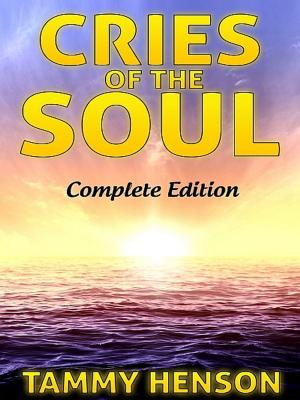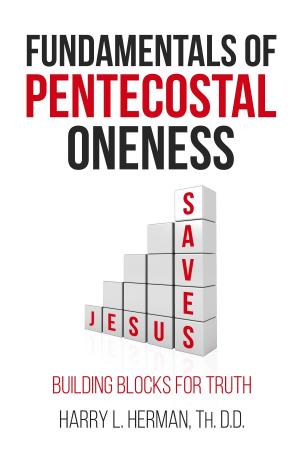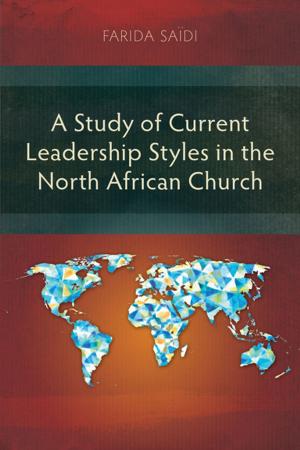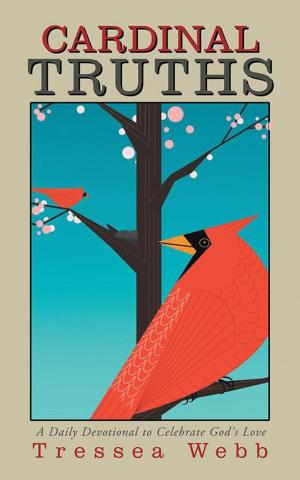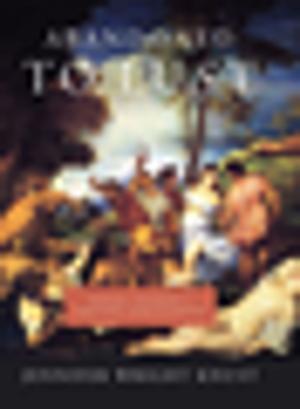How Accurate Is The Bible?
Nonfiction, Religion & Spirituality, Bible & Bible Studies, Criticism & Interpretation, Theology, Christianity| Author: | Brandon Church | ISBN: | 9781310917479 |
| Publisher: | Brandon Church | Publication: | January 20, 2016 |
| Imprint: | Smashwords Edition | Language: | English |
| Author: | Brandon Church |
| ISBN: | 9781310917479 |
| Publisher: | Brandon Church |
| Publication: | January 20, 2016 |
| Imprint: | Smashwords Edition |
| Language: | English |
I'm primarily publishing this for two groups of people: the Christians and the non-Christians who are honestly curious and interested in the truth. Sadly, many people—Christian and non-Christian alike—don't care about truth. They believe what they want to, and they're not concerned with what the evidence has to say. Many go through life clinging to what they were taught as children, accepting what friends, celebrities, or "experts" tell them, or believing whatever makes them feel good. Searching for the truth behind their beliefs is rarely ever done.
Truth is incredibly important, however. Think of all the religions out there, the ancient mythologies, the crazy cults, and all the bizarre beliefs people have had over the ages. There is so much variety—so many differences among them. And since most have claimed to be the only source of spiritual truth—to the exclusion of all others—clearly, most of them have to be wrong.
These beliefs are extremely significant. At the small scale, they shape our morals and ethics, coloring how we view other people, as well as ourselves. At the large scale, fanatical religious views have led to countless holy wars. They fuel modern Muslim terrorism. They convinced numerous ancient tribes to sacrifice their own children to their gods. In the 20th century, the rise of atheistic communism in such countries as Russia and China led to the deaths of over 100 million people. These are not minor issues! Put simply, beliefs have consequences.
Again, the majority of spiritual beliefs throughout history must have been wrong, which means the victims of the atrocities I just mentioned died for nothing. How much pain, suffering, and death has resulted from people believing in myths and errors?
Everyone should want to know what is true. And everyone should be curious about the evidence behind what they believe so they can know whether or not it's true. It is to that end that I present this book: a look at the evidence surrounding Christianity, as well as other religions, for the curious reader.
I'm primarily publishing this for two groups of people: the Christians and the non-Christians who are honestly curious and interested in the truth. Sadly, many people—Christian and non-Christian alike—don't care about truth. They believe what they want to, and they're not concerned with what the evidence has to say. Many go through life clinging to what they were taught as children, accepting what friends, celebrities, or "experts" tell them, or believing whatever makes them feel good. Searching for the truth behind their beliefs is rarely ever done.
Truth is incredibly important, however. Think of all the religions out there, the ancient mythologies, the crazy cults, and all the bizarre beliefs people have had over the ages. There is so much variety—so many differences among them. And since most have claimed to be the only source of spiritual truth—to the exclusion of all others—clearly, most of them have to be wrong.
These beliefs are extremely significant. At the small scale, they shape our morals and ethics, coloring how we view other people, as well as ourselves. At the large scale, fanatical religious views have led to countless holy wars. They fuel modern Muslim terrorism. They convinced numerous ancient tribes to sacrifice their own children to their gods. In the 20th century, the rise of atheistic communism in such countries as Russia and China led to the deaths of over 100 million people. These are not minor issues! Put simply, beliefs have consequences.
Again, the majority of spiritual beliefs throughout history must have been wrong, which means the victims of the atrocities I just mentioned died for nothing. How much pain, suffering, and death has resulted from people believing in myths and errors?
Everyone should want to know what is true. And everyone should be curious about the evidence behind what they believe so they can know whether or not it's true. It is to that end that I present this book: a look at the evidence surrounding Christianity, as well as other religions, for the curious reader.


